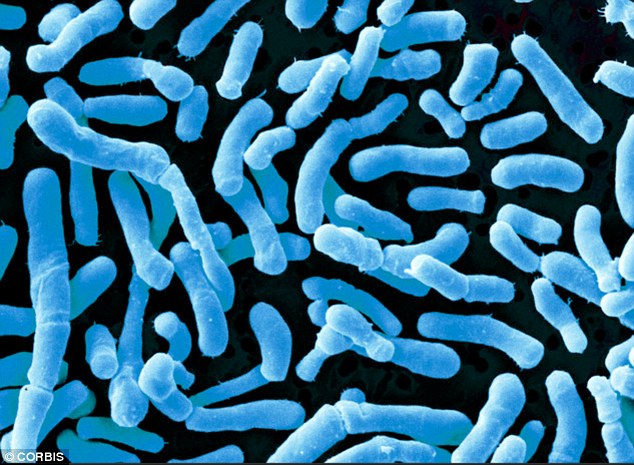-
Tips for becoming a good boxer - November 6, 2020
-
7 expert tips for making your hens night a memorable one - November 6, 2020
-
5 reasons to host your Christmas party on a cruise boat - November 6, 2020
-
What to do when you’re charged with a crime - November 6, 2020
-
Should you get one or multiple dogs? Here’s all you need to know - November 3, 2020
-
A Guide: How to Build Your Very Own Magic Mirror - February 14, 2019
-
Our Top Inspirational Baseball Stars - November 24, 2018
-
Five Tech Tools That Will Help You Turn Your Blog into a Business - November 24, 2018
-
How to Indulge on Vacation without Expanding Your Waist - November 9, 2018
-
5 Strategies for Businesses to Appeal to Today’s Increasingly Mobile-Crazed Customers - November 9, 2018
Humans Emit a Cloud of Microbes That’s Unique to Each Person
To study the extent of each microbial cloud‘s uniqueness, the eleven participants were seated in individual sanitized experimental chambers. Well, the human body does spew a cloud, but instead of dirt it contains millions of microorganisms.
Advertisement
The human microbiome (all the microbes that live in our body) might not sound that exciting.
With this in mind, the experts elaborated another experiment to determine how accurately they could identify individuals by analyzing their unique cloud of bacteria.
“We expected that we would be able to detect the human microbiome in the air around a person, but we were surprised to find that we could identify most of the occupants just by sampling their microbial cloud”, says lead author James F. Meadow, a postdoctoral researcher formerly from the Biology and the Built Environment Center at the University of Oregon, in a quote reported by Phys.org.
While these common human-associated microbes were detected in the air around all people in the study, the team found that the different combinations of those bacteria were the key to distinguishing among individual people. Your house will have a bacterial signature that fits your family and pets, but it will change as soon as you hire a dog sitter and leave for vacation. Samples were collected from the air and the floor in a three-foot radius surrounding each subject, then run through DNA sequencing to identify specific bacterial species.
Although the results of the study suggest that the findings could be used in forensics, the researchers cautioned that further research is required because the patterns they found “are likely to be more nuanced in a crowd of occupants, in a larger indoor space or in the presence of resuspended dust”, the researchers wrote. The researchers claim the distinctive cloud of bacteria can be traced back to an individual. For the first experiment participants were placed in a sterile room and asked to work on a laptop for four hours while air filters trapped released microbes and trays were placed on the ground to collect settled particles of hair and skin. But the simultaneously exciting and dystopian possibilities of each of our microbial clouds acting as invisible fingerprints remain.
Advertisement
But for the the moment, it’d seem there’s no need to worry about people tracking you via your cloud. These signatures could, in some cases, reveal “not just who’s there, but potentially where they’ve been and what they’ve been doing”, Meadow says. Meanwhile, your hotel room – full of unusual bacteria – will adapt to your family’s microbiome within hours.




























